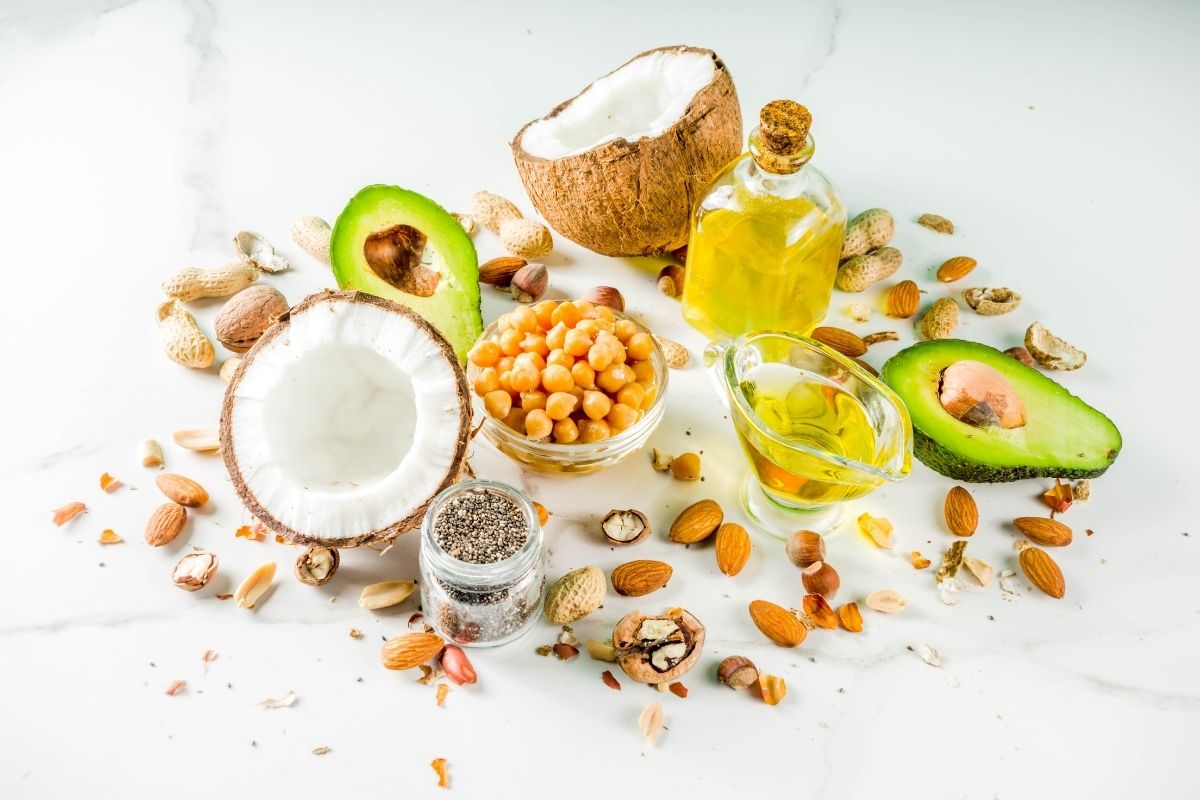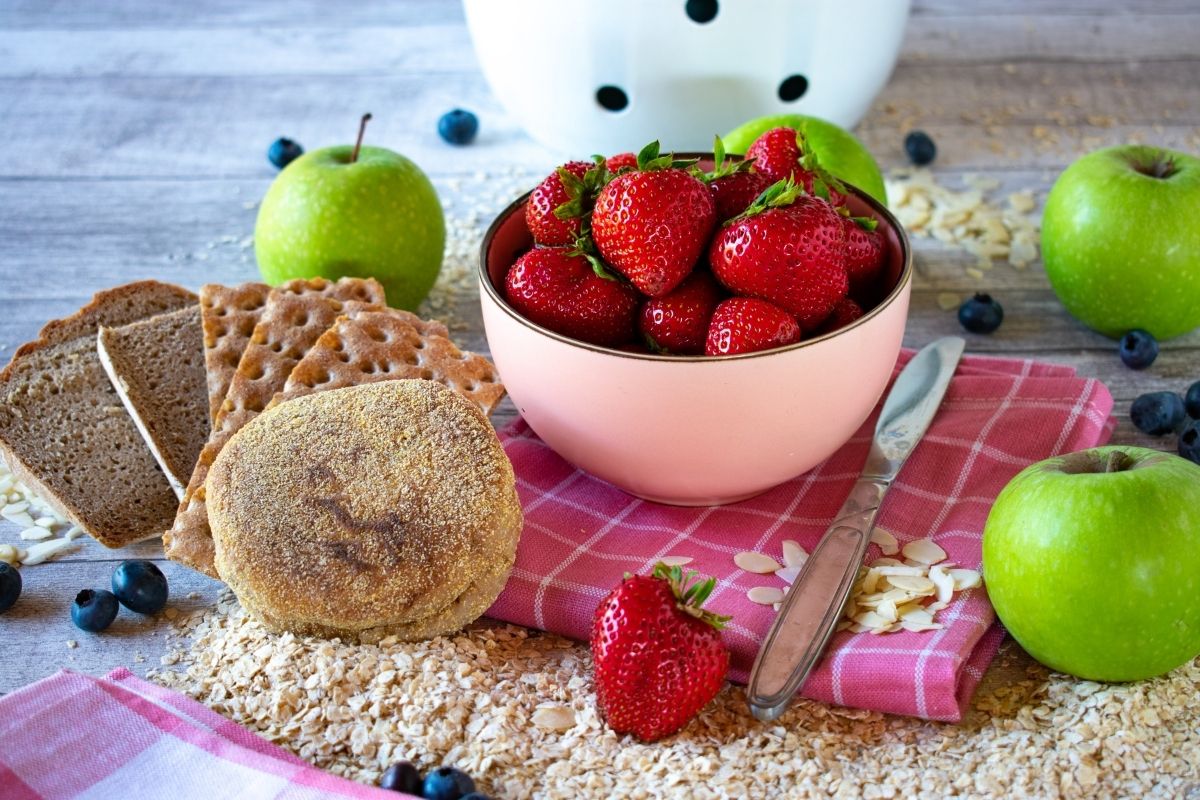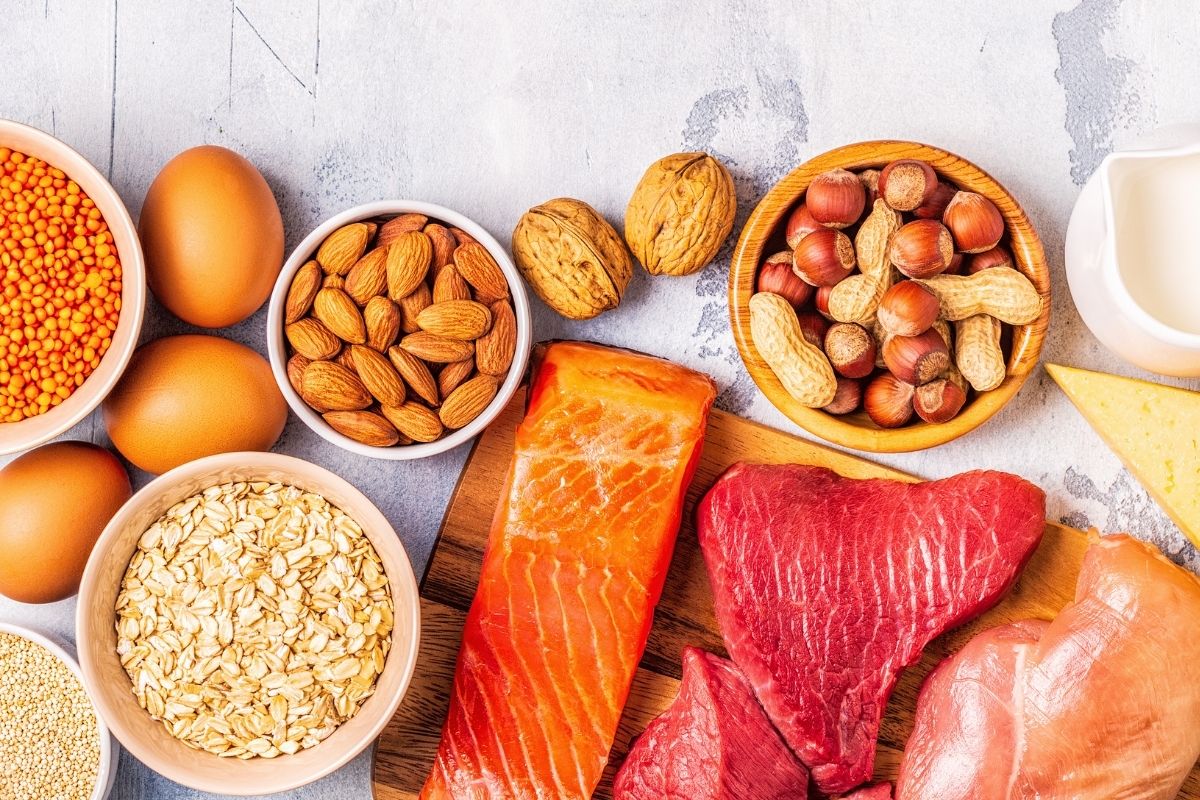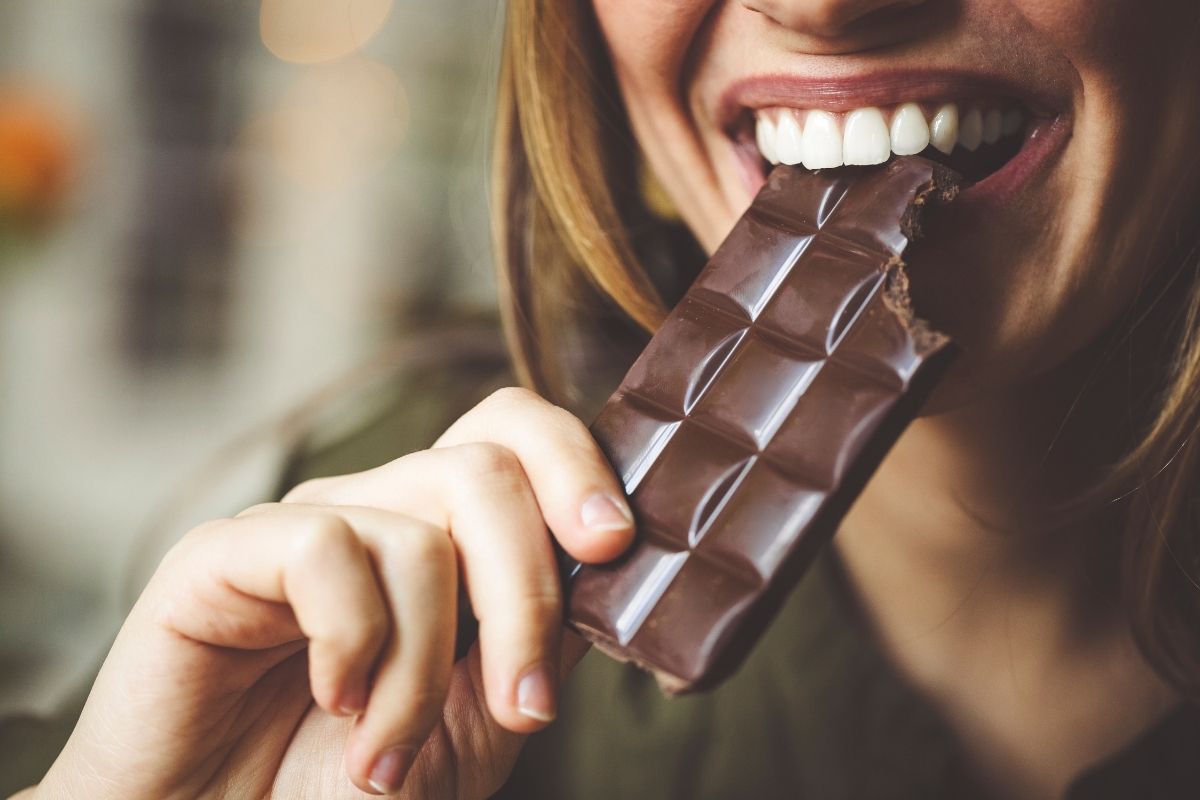health
Nutrition And The Menstrual Cycle - How To Regain Control Of Your Healthy Eating
What has the largest effect on our hormones? The menstrual cycle!
A woman's appetite, food preference and adherence to a healthy eating plan can be hugely influenced by hormones. What has the largest effect on our hormones? The menstrual cycle! Therefore, it is well worth knowing how your menstrual cycle may be affecting your eating patterns and what to do to regain control of your healthy eating.
Phase 1: The Menstrual Phase
(aka the period)

During the menstruation phase, period pain and menstrual symptoms may affect how you feel and adherence to a healthy eating plan. There is evidence that eating an anti-inflammatory diet may reduce period pain (1). This includes foods high in healthy fats such as olive oil, nuts and seeds and oily fish and vitamin and mineral rich fruits and vegetables. This also involves reducing consumption of inflammatory foods such as those processed, high in trans fats, saturated fats and sugars and alcoholic beverages.
In this phase you are likely to see better appetite control due to an increase in insulin sensitivity and therefore better stability of blood sugar. This is a great time to initiate new dietary behaviours or tighten up nutrition goals as you see these improvements in appetite. Working on healthy eating habits in this phase may give you a good 2 week run of improved nutrition choices before you start to get appetite dysregulation issues again. This may help motivate you and increase chances of long term behaviour change.
Basically...
You may want to eat an anti-inflammatory diet to help ease period pain. Appetite regulation hugely improves, this is a great time to start working on healthy eating habits.
Phase 2: The Late Follicular Phase
(aka a week or so after your period, pre ovulation)

In this phase you continue to have improved insulin sensitivity and an increased ability to burn carbohydrates for energy. This allows you to have stable blood sugar and high levels of energy which you can take advantage of during high intensity exercise. For this reason you can increase carbohydrate intake and effectively use it to fuel your exercise. You are in the best position for great appetite regulation so you are less likely to get triggered to binge.
Your hormone shift in this phase favours muscle building and recovery. For that reason if you’re an active person I would push it in the weights room and make sure you are having enough protein in your diet to aid that rapid repair and muscle growth.
Basically...
This is a great time to increase carbohydrate intake and push your exercise. Make sure you are eating enough protein to support muscle growth and repair.
Phase 3: The Early Luteal Phase
(aka the week or so before PMS week, post ovulation)

Hormonal changes in the luteal phase can increase cravings for sweet food. Blood sugar is less stable and this can affect appetite and energy levels. However, the severity of this hormonal impact differs from woman to woman (2).
One study suggests increasing fat and protein in the latter half of the cycle (luteal phases) to keep you on track as they help with satiety and managing increased cravings caused by hormone shifts (3). Metabolism also increases by a small margin (100-300 kcal) at this time so attempting to restrict food intake is going to be that much harder here. Instead embrace your appetite and allow for some extra nourishment.
In this phase insulin resistance increases and therefore your ability to handle carbohydrates reduces and your body shifts to using more fat for fuel. For this reason, decreasing carbohydrate intake slightly can be helpful. Reduce if from processed carbohydrate foods though, bananas and potatoes are still good for you!
Basically...
Appetite control may start to get harder and energy requirements are actually increased. Increasing fat and protein intake can help with both of these issues. Decrease carbohydrates slightly.
Phase 4: The Late Luteal Phase
(the week or so before your period, PMS week)

Research has shown that food intake naturally increases in this premenstrual phase and more so in women who have premenstrual syndrome (PMS) symptoms. This could be due to mood disturbances in the week before your period that lead to more emotional (or F it style) eating. Interestingly, studies show that eating chocolate in the premenstrual week increases adherence to a weight loss diet (3). This means that if cravings are coming for you, you might as well work with them so that they are more easily managed.
In this phase you will still have increased energy needs, less stable blood sugar and hormones favouring an increase in appetite. Decrease carbohydrates slightly, ideally from processed sources and up your protein and fat intake to manage appetite and cover your increased energy requirements.
Sodium retention increases in this phase and that means water retention. Don’t weigh yourself in this phase. Especially if you’re feeling emotional too, just don’t! Increasing potassium containing foods such as potatoes, spinach, bananas, shellfish etc. and limiting sodium can help with this. Honestly, I wouldn’t worry about it though, this is not affecting your health or much about your appearance, it will pass.
Basically...
Food intake will naturally increase. Allow yourself some of the food you are craving, it can help you stay on track in the long run. Slightly decrease overall carbohydrate and slightly increase fat and protein to help your appetite. There may be water retention in this phase, don’t worry about it!
Let’s Sum it Up
Hormones and the menstrual cycle can hugely affect our diet. Eating for your cycle could help you to have an easier time whilst supporting your body's needs. In the menstrual phase (period) eating an anti-inflammatory diet could reduce period pain. Appetite regulation is easier here and in the following week, so this is a great time to work on healthy eating habits.
In the late follicular phase (week after period) you may want to increase carbohydrate and really push your exercise intensity. Make sure you have enough protein to recover.
In the luteal phases (the week before and the week of PMS time) appetite regulation starts to drop and energy requirements increase. Increasing fat and protein intake can help with this. Your ability to handle carbohydrates starts to drop so reduce carbohydrates slightly in this phase. Only from nutrient void, processed foods though! Having said that in the late luteal phase (PMS week) having some chocolate may actually help to keep you on track. Listen to your body!
References